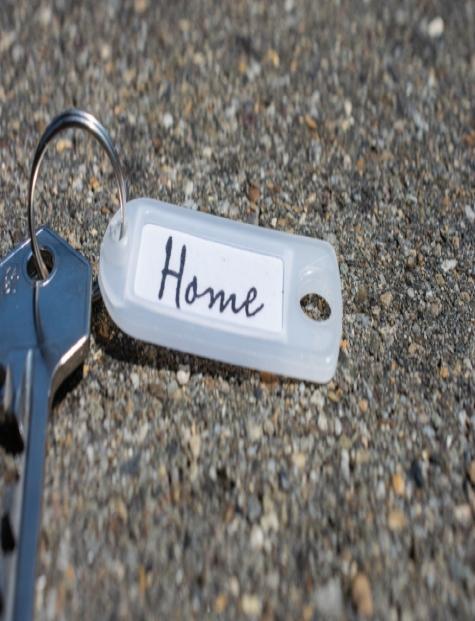Priority 5: Support people with complex needs
Why is this important?
Complex needs may include entrenched street homelessness, repeat service use or being otherwise vulnerably housed, mental, psycholog ical, or emotional health needs, drug and/or alcohol dependency. Some individuals will have had contact with the criminal justice sy stem, have physical health needs and have experience of domestic violence and abuse.
Access to appropriate and timely drug, alcohol and mental health treatments can play a vital role in moving people away from homelessness and into long term recovery. Some people find it difficult to access and engage with mainstream health services, particularly primary care services (GPs), and as a result health problems may be left untreated.
Problems can also arise on discharge from hospital, particularly for those who do not have accommodation to return to or those that may find their existing accommodation is now inappropriate or unsafe for them. This can have a negative effect on ongoing health care and lead to readmission to hospital.
People leaving prison or those who have experienced the criminal justice system are at higher risk of homelessness for a number of reasons, they may have a history of homelessness before entering the criminal justice system, have dependencies on drugs or alcohol or simply are unable to get support finding the right sort of accommodation on release from prison.
Our aim is to increase specialist housing provision and support for people with complex needs to enable them to sustain their housing.
What we have done so far:
- We increased the number of Rotherham Housing First properties from 25 to 35, providing 10 additional homes for people experiencing homelessness.
- We developed a service to support people experiencing homelessness with complex needs living in temporary accommodation to help them with their transition from temporary accommodation into more settled housing.
- The Council has joint funded the Probation Service specialist support workers for a supported housing project primarily for individuals leaving custody or at risk of reoffending, to enable them to work towards greater independence and recovery.
- We have employed a specialist housing officer to support the move on pathway for hospital discharges and prison leavers.
Over the next 3 years:
- We will work with partners to review the pathway into mental health services, to maximise the benefits of collaborative working and improve homeless households’ experience and access to services across a 24/7 support model.
- We will continue to improve pathways for people leaving institutions and long-term accommodation, such as hospitals and prison.
- We will seek opportunities to develop different housing models for people with complex needs. This includes increasing Housing First for adults and for young people aged between 18 to 25 years, focusing on young people who are in care and preparing for adulthood.
- We will work with colleagues in Children’s Services to understand service need for homeless young people with complex needs.
- We will increase awareness and knowledge of trauma informed practices across homeless service provisions.
- We will increase staff awareness of all vulnerable groups, for example people with Learning Disability and Autism, generally to inform service processes and best practice.
Impact Measures:
- Increased number of households with complex needs rehoused into settled housing.
- Increased number of supported accommodation dwellings, including
- Reduced number of repeat homelessness for households with complex needs, reapproaching the homelessness service within 12 months of being rehoused.
Housing First
Housing First Housing First is built upon the principle that housing is a human right. It focuses on first giving someone immediate access to a settled and secure home. This is placed above goals such as sobriety or abstinence. The model is specifically tailored for homeless people with complex and multiple needs.


